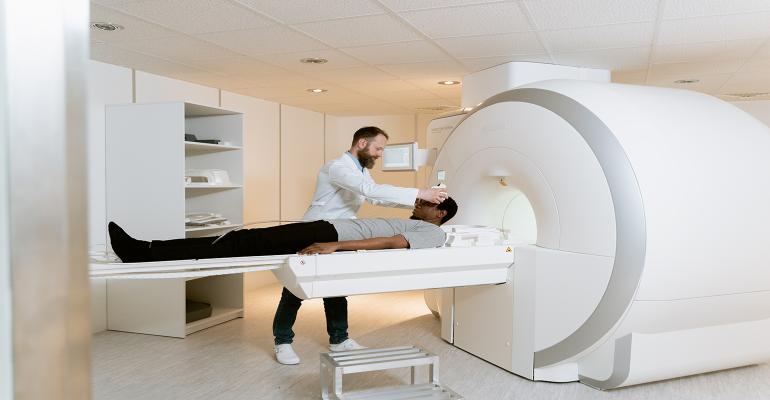PCR testing is regarded as the most accurate and reliable form of diagnosing COVID-19, however, complications caused by the disease such as pneumonia has paved way for a vital need of Radiology diagnostics for treatment. Since CT was introduced, technical innovations have decreased the patient risk by reducing radiation dose; and the probability of performance and interpretation errors of medical CT examinations, enabling an increase in clinical benefit.
As COVID can affect respiratory tracts, imaging tools such as chest radiography or CT scans are instrumental in the early diagnosis and treatment of the infection and identifying any complications caused by it. Coupled with AI integrations, developments in Radiology have been substantial especially with advancing imaging techniques.
How is CT instrumental in detecting COVID-19?
Emergency trauma radiology, a relatively new subspecialty of radiology has gained prominence in leading imaging departments towards diagnosis and treatment of acutely ill patients, more so in the wake of COVID-19. According to a study published by the Canadian Association of Radiologists Journal, based on a prospective analysis of 1014 patients, the sensitivity of CT is estimated to be 97 per cent in detecting COVID-19 infection with a high specificity reported to be between (93-100 per cent) of CT in differentiating COVID-19 from other viral pneumonia.
Highly accessible and useful in detecting features of the infection, chest radiographs provide an alternative diagnosis, however, CT scans have a high sensitivity of up to 98 per cent hence delivering superior delineation of disease involvement. AI integration has also been transformative in radiology, a promising notion has been its potential to further reduce the dose of radiation through patient positioning and acquisition parameter settings, and optimisation and automation of data acquisition processes. Hong Kong Medical Journal published a study discussing the relationship between Radiology and COVID-19. Artificial Intelligence algorithms have been implemented to support radiologists in rapid and accurate interpretation of images during the pandemic. Researchers have developed machine learning models by analysing CT radiomics and clinical factors that can predict the possibility of COVID-19 patients requiring mechanical ventilation with a promising accuracy of up to 75 per cent.
In as early as April 2020, Abu Dhabi Health Services Company, SEHA announced the integration of UAE’s first specialised CT scan at Al Ain Hospital, screening 3,000 patients when initiated. The innovative 16- slice mobile CT scanner was pivotal in the quick and safe evaluation of detecting pneumonia caused by COVID-19. The new technology enables a larger area to be tested during a single scan, enabling superior and accurate imaging of the patient’s lungs.
“The new CT scanner enables us to tailor our treatment plans within very short timelines. We can evaluate eight patients per hour on average, with no human to human contact, thus minimising secondary infection rates without disrupting care delivery or quality,” explained Dr. Jamal Al-Din Al-Qutaish, head of radiology and intervention at Al Ain Hospital.

